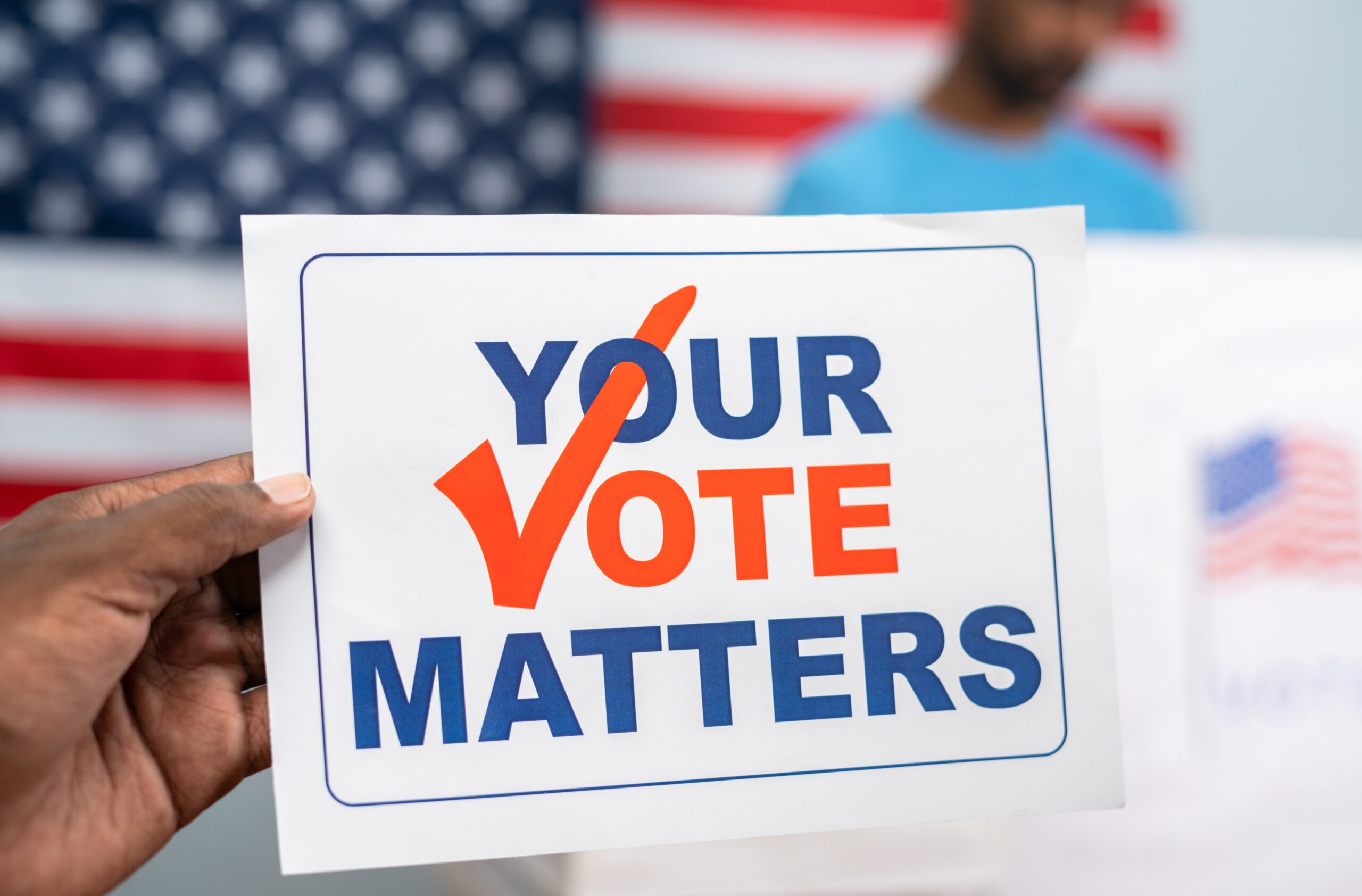To the 50% of Americans who are celebrating the outcome of the 2024 presidential election, congratulations are in order. To the other 50%—those feeling disheartened, anxious, or even angry—take a deep breath. This is not the time to dwell on “what ifs.” It’s time to reflect, strategize, and prepare for the challenges ahead.
The transition period following this election promises significant shifts. It’s clear that we will need to come together, roll up our sleeves, and work collaboratively to address what lies ahead. President-elect Donald Trump has made no secret of his intentions. His rhetoric about “retribution” against those who opposed him has raised concerns about the potential misuse of power and the targeting of political opponents.
One alarming signal is the nomination of controversial figures to key positions. For instance, the possible appointment of individuals like Matt Gaetz, who resigned amid ethics investigations, could set a dangerous precedent. If tasked with overseeing prosecutions, such individuals might turn legitimate disagreements into partisan witch hunts, undermining justice and democracy.
On immigration, Trump’s plan to deport 11 million undocumented immigrants is both economically and logistically daunting. Former ICE director Tom Homan, tapped to lead this effort, has expressed support for mass deportations, pledged to institute a regime of “shock and awe” on the first day of the new administration dismissing concerns about their cost and social impact.. However, this approach ignores the critical role undocumented workers play in sectors like agriculture, construction, and food processing. Removing this workforce without viable replacements could lead to labor shortages, increased food prices, and economic instability.
Meanwhile, “Project 2025,” Trump’s policy blueprint, includes proposals to dismantle the Environmental Protection Agency (EPA) and the Department of Education, as well as appointing figures like Robert F. Kennedy Jr., an outspoken vaccine skeptic, to lead the Department of Health and Human Services. Such changes could undermine public health, education, and environmental protections—areas critical to the well-being of all Americans.
Faced with these potential challenges, what can we do? A lot.
- Engage Civically: Join organizations that align with your concerns. Groups like Indivisible offer actionable steps to get involved. For resources and weekly strategy calls, visit indivisible.org.
- Contact Your Representatives: Write, call, or meet with your senators and representatives, regardless of party affiliation. Let them know where you stand and why these issues matter to you.
- Mobilize Your Community: Start a letter-writing campaign or host voter registration drives. Encourage those around you to stay informed and engaged.
- Stay Informed: Keep track of proposed policies and their implications. Knowledge is power in advocating for change.
It’s worth noting that approximately 20 million fewer Americans voted in this election compared to 2020. Engaging these voters in future elections will be crucial for shaping the country’s direction.
The road ahead may be challenging, but together, we can work toward a vision of America that reflects our shared values of fairness, inclusion, and progress.


































